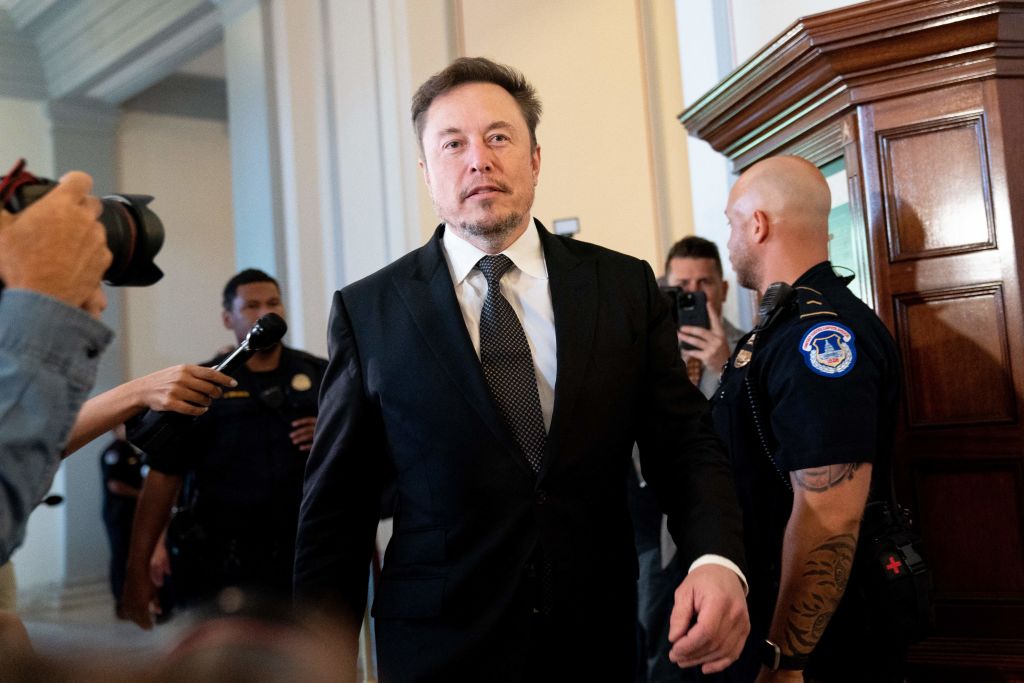Elon Musk, the CEO of SpaceX, recently made an announcement that his satellite internet service, Starlink, will provide support for communication links in Gaza. This move aims to improve connectivity in the region, especially for internationally recognized aid organizations. While this news brings hope for better communication in a strife-torn area, it has also sparked controversy and concerns from Israel.
The ongoing conflict between Israel and Hamas has already resulted in a blackout of telephone and internet services in Gaza. This isolation from the world and each other has further exacerbated the desperate situation for the people in Gaza, making it almost impossible to make calls to loved ones, ambulances, or colleagues.
Humanitarian organizations operating in the region have expressed their distress over the blackout, as it hinders their life-saving operations and obstructs communication with their on-ground staff.
However, implementing communication connections in Gaza remains uncertain, as there are currently no Starlink terminals inside the region, and no requests for connections have been made. This information comes from the Wall Street Journal, which also reports that Israel opposes the idea of Starlink service providing communication links in Gaza.
Shlomo Karhi, Israel’s communication minister, strongly opposes Elon Musk’s move, stating that Israel will use all means at its disposal to fight against it. Karhi raises concerns about the potential misuse of these communication networks by Hamas for “terrorist activities.” He even suggests that Elon Musk should consider conditional support, such as the release of abducted individuals, to ensure responsible use of the service.
In response to Israel’s opposition, Elon Musk clarifies that Starlink will take extraordinary measures to confirm that the service is used only for humanitarian reasons. He also mentions conducting a security check with both the US and Israeli governments before operation.
The offer of Starlink service has garnered interest from international figures, such as Tedros Adhanom Ghebreyesus, the head of the World Health Organization (WHO). They see the potential of utilizing Starlink to maintain contact with staff and health facilities in Gaza, as the communication failure has severed ties with UN entities and NGOs in the area, hindering essential services, including healthcare provision.
Elon Musk’s Starlink satellite internet service has been recognized for its role in maintaining connectivity in conflict zones. It was deployed in Ukraine following the Russian invasion in 2022. However, it has also faced geopolitical complexities, as Musk refused to extend coverage over Russian-occupied Crimea due to concerns about its potential use in Ukrainian attacks on Russian forces.
Overall, Elon Musk’s announcement of Starlink support for Gaza’s communication needs brings both hope and controversy. The potential benefits of improved connectivity for aid organizations and essential services are significant, but concerns about misuse and opposition from Israel still need to be addressed. Starlink’s role in conflict zones, including Gaza, highlights its impact on maintaining connectivity in challenging circumstances.

I have over 10 years of experience in the cryptocurrency industry and I have been on the list of the top authors on LinkedIn for the past 5 years. I have a wealth of knowledge to share with my readers, and my goal is to help them navigate the ever-changing world of cryptocurrencies.




